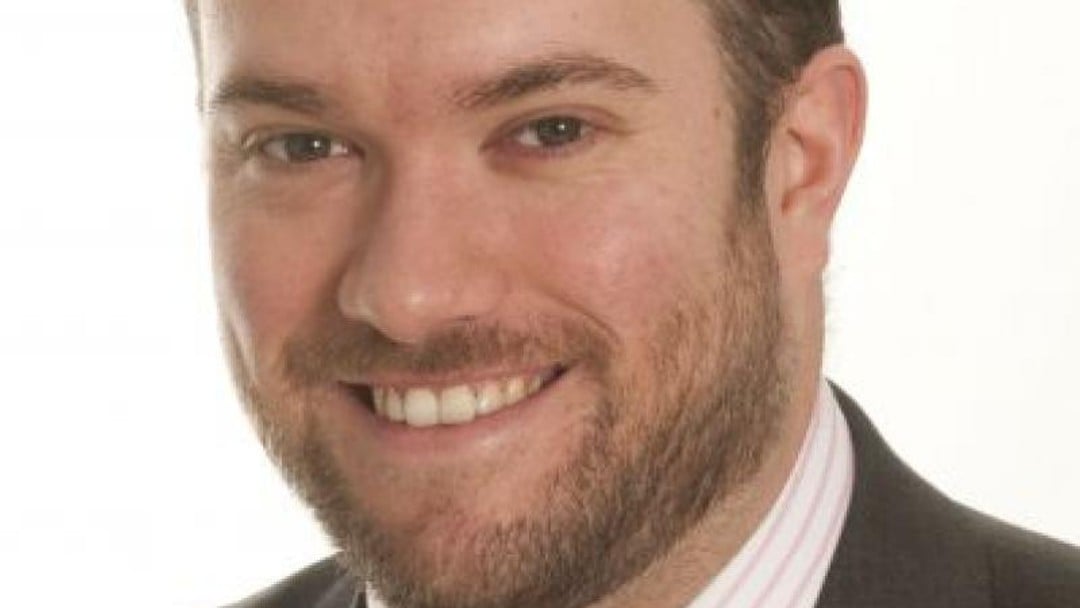Broken promises

What should a private client solicitor consider when advising elderly clients in the context of proprietary estoppel, asks Matthew Evans
Advising elderly clients requires a vast number of legal, practical and emotional considerations to be borne in mind from the outset. Numerous examples include checking whether a client has capacity, whether a lasting power of attorney is appropriate, whether a lifetime gifts have been made for tax purposes and how they intend to dispose of their assets, including property and land.
The last point may seem straightforward, but how many practitioners go further and ask whether their client has made any lifetime promises or assurances about devolution on death?
This question is designed to tease out any information that could potentially give rise to
the equitable doctrine of proprietary estoppel. Ensuring that clients are alive to all potential challenges is so important in today’s climate. There was a 700 per cent increase in the number of contested will challenges launched at London’s
High Court over the past five preceding years, according to a report in The Independent in 2013.
My firm recently acted for Miss Eirian Davies, the daughter of a prominent farmer in Wales, in a case where the complex legal concept of proprietary estoppel was the central issue. In essence, the doctrine works to prevent someone suffering a detriment where there has been reliance on a representation or assurance. However, the equity is an inchoate right only, giving the claimant the right to go to court
to seek relief and only crystallising on the
court’s decision.
The Court of Appeal upheld an earlier ruling of the High Court that Miss Davies was entitled to a share of the 182-acre farm, to reflect the years of unpaid and low paid work she undertook. The court found that Miss Davies was repeatedly assured by her elderly parents, Tegwyn and Mary Davies (the owners of the business), that the farm would one day be hers.
However, in 2012 a draft will was changed that put the farm in trust for all three daughters. In that same year, her parents instigated legal proceedings to evict her from the farm premises, which led Miss Davies to seek legal advice and ultimately issue a counterclaim for a share in the business, founded
on proprietary estoppel.
Lowly life
Up until age 21, Miss Davies was not paid for any work carried out on the farm. In subsequent years, she was paid low wages for long hours and claimed that she could have made a better life elsewhere if this inheritance assurance had not been made. Her parents insisted that she earned a fair income and was also provided with ‘free bed and board’ and other benefits.
Lord Justice Floyd commented that Miss Davies had received “less than full recompense” for her work to the farm and that this could not be measured in purely financial terms.
Following a complex case, the court ruled that proprietary estoppel was established on the three main required elements, namely an assurance made to Miss Davies, her reliance on that assurance for her future, and that it was detrimental to her in that she could have used her skills to find work elsewhere. A further hearing will determine what share of the farm Miss Davies is entitled to.
Had the will-drafting solicitor for the parents asked whether they had promised Miss Davies
the farm, they could have potentially avoided this contentious situation.
As Floyd LJ concluded: “This is, in many ways, a tragic case. The bitterness between the parties was such that they had few, if any, good words to say about the other… It is greatly to be hoped that they might now be able to resolve such remaining differences as they have in relation to Eirian’s entitlement without recourse to further costly
and divisive litigation.”
Matthew Evans is a partner at Hugh James
He writes the regular vulnerable clients comment in Private Client Adviser

